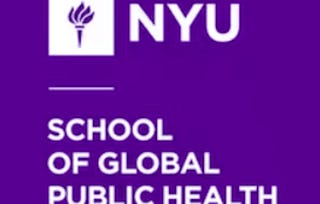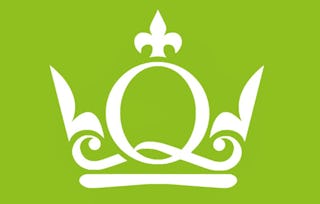This course is aimed at intervention scientists working in any area--including public health, education, criminal justice, and others—interested in learning about an innovative framework for conducting intervention research. This course will show you how to use the multiphase optimization strategy (MOST) to: streamline interventions by eliminating inactive components; identify the combination of components that offers the greatest effectiveness without exceeding a defined implementation budget; develop interventions for immediate scalability; look inside the “black box” to understand which intervention components work and which do not; and improve interventions programmatically over time. In this course you will relate the MOST framework to your research objectives; learn how MOST differs from the standard approach to intervention development and evaluation; learn how to complete the preparation and optimization phases of MOST; and become familiar with rigorous and highly efficient experimental designs that will enable you to examine the performance of individual intervention components.

MOST from a Methodological Perspective

Recommended experience
Skills you'll gain
Details to know

Add to your LinkedIn profile
1 assignment
See how employees at top companies are mastering in-demand skills

There are 7 modules in this course
What's included
8 videos1 reading
What's included
6 videos1 reading
What's included
5 videos1 reading
What's included
6 videos1 reading
What's included
5 videos1 reading
What's included
4 videos1 reading
What's included
1 assignment
Instructors


Offered by
Explore more from Research
 Status: Preview
Status: PreviewNew York University
 Status: Free Trial
Status: Free TrialQueen Mary University of London
 Status: Preview
Status: PreviewUniversità di Napoli Federico II
 Status: Free Trial
Status: Free Trial
Why people choose Coursera for their career

Felipe M.

Jennifer J.

Larry W.

Chaitanya A.

Open new doors with Coursera Plus
Unlimited access to 10,000+ world-class courses, hands-on projects, and job-ready certificate programs - all included in your subscription
Advance your career with an online degree
Earn a degree from world-class universities - 100% online
Join over 3,400 global companies that choose Coursera for Business
Upskill your employees to excel in the digital economy
Frequently asked questions
To access the course materials, assignments and to earn a Certificate, you will need to purchase the Certificate experience when you enroll in a course. You can try a Free Trial instead, or apply for Financial Aid. The course may offer 'Full Course, No Certificate' instead. This option lets you see all course materials, submit required assessments, and get a final grade. This also means that you will not be able to purchase a Certificate experience.
When you purchase a Certificate you get access to all course materials, including graded assignments. Upon completing the course, your electronic Certificate will be added to your Accomplishments page - from there, you can print your Certificate or add it to your LinkedIn profile.
Yes. In select learning programs, you can apply for financial aid or a scholarship if you can’t afford the enrollment fee. If fin aid or scholarship is available for your learning program selection, you’ll find a link to apply on the description page.
More questions
Financial aid available,

